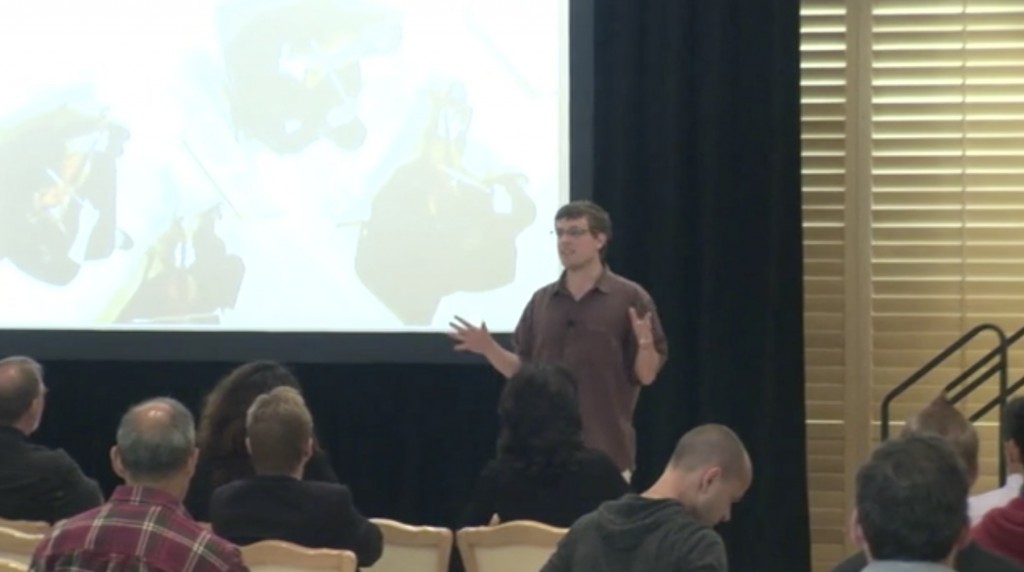Tracking Our Senses: Elliot Hedman
Erica Tanamachi
August 6, 2018
Another thoughtful project that studies the human’s physiological response to music is one by Elliott Hedman who studied himself and others’ physiological measurements during a classical concert.
In addition to tracking himself and others with EDA sensors, Elliott also videotaped the sensors to track where in the music, people’s sensors were triggered and shifted. He learned that the transitions from loud to quiet or the reverse triggered everyone’s sympathetic nervous system. He learned that people may have a different reaction to familiar sounds, because when a xylophone was played, Hedman was the only one triggered. He assumes he was moved because he used to play the xylophone when he was a kid.
Elliot speaks to the benefits of being less quantitative and more qualitative when collecting data, and less “self-centric” and more “community-centric” when analyzing.
We hope you can join us to share your learnings from a project, or simply be inspired at this year’s Quantified Self 2018 Conference in Portland on September 22-23. We have only a handful of discount tickets left. Register here.



